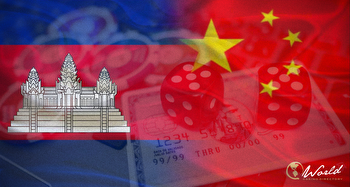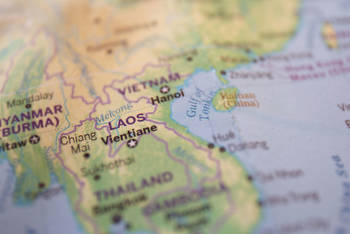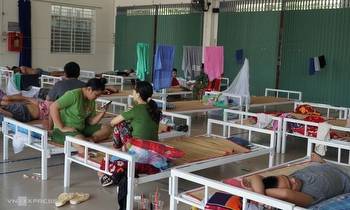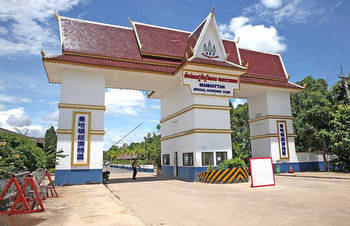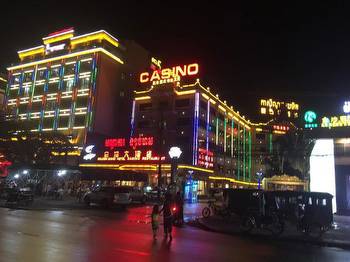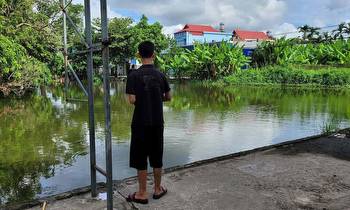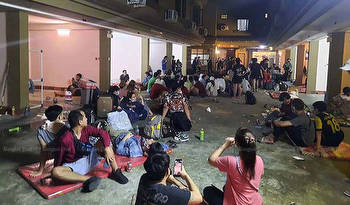Cambodian casinos spell hell for thousands of trafficking victims

Ho Chi Minh City, Vietnam, Aug 30 (EFE).- The recent escapes and rescues of foreigners who worked in Cambodia under a slavery has highlighed the human trafficking problem in the country, where Chinese mafias use young Southeast Asian people to work in casinos and other businesses with apparent impunity.
The problem, denounced in recent months by various organizations, has recently gained notoriety following a leaked video showing the distressing escape of 42 Vietnamese people from a casino in southern Cambodia where they were kept in subhuman conditions.
Pursued by guards armed with batons and metal rods, the escapees from the Golden Phoenix Entertainment Casino managed on Aug. 18 to jump into the Binh Di River, which marks the border between Cambodia and Vietnam, and swim across the 70 meters that separate the countries.
Two of them did not make it: a 16-year-old teenager who drowned in the attempt and a man who was captured during the escape.
“It was hell. We were tricked and sold to Cambodia,” reported the VNExpress newspaper Doan Thi Ngog Diep, a 20-year-old woman who managed to escape with her husband from four-month hell in the Cambodian casino, run by Chinese people.
The young woman explained how they were seduced by a Facebook announcement of a job with a salary close to $ 1,000 a month (four times their previous salary in a factory) and after a tortuous three-day trip from northern Vietnam they arrived at the casino in which her ordeal began.
His 14-hour day job had little to do with regular casino activity: it consisted of tricking other Vietnamese people on social media into paying for virtual dating or gaming apps with the obligation to make the company VND 300 million per month ($12,800.)
Despite the promise that she would be released by her captors after three months, she decided to join the escape plans together with her husband and her other workers, convinced that in Cambodia they would sell her to another casino or would kill her.
“We preferred to die at home,” she said.
According to a recent Global Initiative report, the drop in customers in casinos due to the pandemic (Cambodia prodominantly sees tourism from China) has contributed to these and other tourism-dependent establishments turning to these scam activities or online gambling supported by slave workers.
“Most of these activities take place on or near the premises of casino resorts and are allegedly orchestrated by Chinese organized crime groups, who take advantage of Cambodia’s fast internet connection and lax enforcement of laws. laws,” the document read.
Tricked and sometimes coerced as soon as they cross the Vietnam-Cambodia border, they are trapped in jobs where they lose their wages if they miss targets, are often tortured and have to pay ransoms of up to $30,000 to get their money back, according to Vietnamese authorities.
Global Initiative said the victims usually have a contract blocked for at least six months, since their captors say their trip to Cambodia “has cost thousands of dollars, which traps them in debt slavery.”
“These debts continue to grow if they fall short of their impossibly high targets,” the report read.
In addition to Vietnamese, people from other Southeast Asian countries such as Laos or Thailand, or even from more distant countries such as India and Kenya, also fall into these networks attracted by high salaries. EFE











